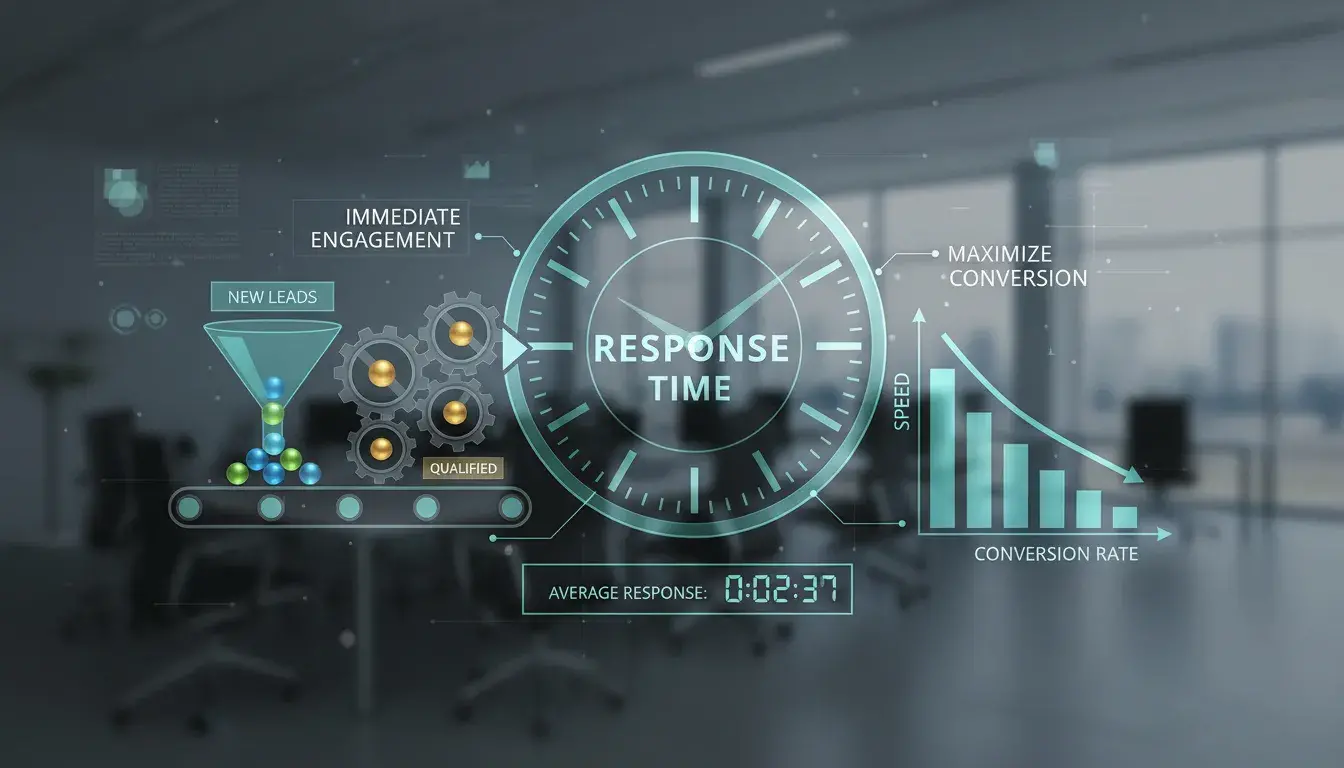Clear the Communication Clutter: How a Virtual PA Streamlines Communications for Busy Teams
For first class professional & administrative support for your business

In today’s hyperconnected business landscape, the average professional spends approximately 28% of their workweek managing emails alone.
Add in team meetings, instant messages, phone calls, and various project management platforms, and it’s easy to see why many teams feel overwhelmed by communication overload. This constant barrage of information doesn’t just consume valuable time—it fragments attention, disrupts workflow, and ultimately undermines productivity.
The solution? A Personal Assistant (PA)—a modern solution to an increasingly common problem. Virtual PAs offer specialised support in managing and streamlining communications for busy teams, creating order from chaos and freeing professionals to focus on their core responsibilities.
The Hidden Cost of Communication Overload
Before exploring the solutions, it’s worth understanding what’s at stake. Communication overload isn’t merely an annoyance—it represents a significant drain on resources:
- Task switching between emails and productive work can reduce cognitive performance by up to 40%
- The average knowledge worker checks email 36 times per hour, with each interruption requiring 23 minutes to fully refocus
- Teams spend roughly 15% of collective time in meetings, yet executives consider 67% of meetings unproductive
- Information silos develop when communication channels multiply, leading to duplication of effort and missed opportunities
For organisations seeking to optimise performance, addressing these communication inefficiencies represents a substantial opportunity.
How Virtual PAs Transform Team Communication
Intelligent Email Management
Perhaps the most immediate benefit a virtual PA provides is comprehensive email management. Rather than team members individually battling overflowing inboxes, a skilled virtual assistant:
- Filters messages according to priority and urgency
- Responds to routine enquiries following established guidelines
- Drafts replies for more complex matters requiring approval
- Creates logical filing systems to organise information
- Flags critical communications requiring immediate attention
- Follows up on important unanswered threads
This systematic approach transforms the inbox from a source of stress to an efficiently managed communication channel. Important matters receive prompt attention, while less urgent items are handled appropriately without consuming disproportionate mental bandwidth.

Meeting Coordination and Calendar Management
The lifecycle of meetings—from scheduling to follow-up—involves numerous communication touchpoints that a virtual PA can centralise and streamline:
- Coordinating availability across multiple participants and time zones
- Preparing and distributing agendas with relevant documents
- Setting up virtual meeting links or booking physical spaces
- Sending timely reminders to ensure attendance
- Taking and distributing meeting notes
- Tracking action items and accountability
By managing these logistics, virtual PAs ensure meetings serve their intended purpose without creating additional administrative burden for team members.
Central Point of Contact
Teams interfacing with clients, vendors, or other departments benefit tremendously from having a virtual PA serve as a centralised communication hub:
- Providing a consistent point of contact regardless of team member availability
- Maintaining comprehensive records of all external communications
- Ensuring enquiries reach the appropriate team member for resolution
- Following standardised protocols for information requests
- Bridging communication gaps during leave periods or transitions
This centralisation prevents important communications from falling through cracks and presents a more professional, cohesive team interface to external stakeholders.
Communication Systems and Workflow Optimisation
Beyond managing day-to-day communications, experienced virtual PAs contribute value by improving the underlying systems:
- Establishing clear communication protocols tailored to team needs
- Creating templates for frequently needed responses
- Implementing and maintaining contact management systems
- Documenting standard operating procedures for communication
- Suggesting workflow improvements based on observed patterns
- Integrating various communication platforms for greater efficiency
These systemic improvements compound over time, creating lasting benefits beyond the daily management of information flow.
Implementing Virtual PA Support for Maximum Impact
To realise the full potential of a virtual PA for communication management, consider these implementation best practices:
Clear Role Definition
Develop specific guidelines regarding which communications the virtual PA should:
- Handle independently
- Draft for approval
- Forward to appropriate team members
- Prioritise for immediate attention
Communication Templates and Guidelines
Create standardised responses for common enquiries to ensure consistent messaging while saving time. Establish clear guidelines for tone, style, and branding to maintain a cohesive external presence.
Information Access and Security
Determine appropriate access levels for different types of communications, implementing necessary security measures to protect sensitive information while enabling the virtual PA to work effectively.
Regular Review and Feedback
Schedule periodic reviews of communication workflows to identify areas for improvement and ensure alignment with evolving team needs.
Measuring the Impact: ROI of Streamlined Communications
The benefits of employing a virtual PA to manage team communications can be quantified in several ways:
- Time reclaimed for core work (typically 5-15 hours per team member monthly)
- Faster response times to critical communications
- Improved client satisfaction ratings
- Reduced meeting time through better preparation and follow-up
- Decreased stress levels and improved focus among team members
Organisations that track these metrics consistently report that the investment in virtual PA services delivers substantial returns through enhanced productivity and improved communication quality.

Conclusion
The most successful organisations recognise that communication excellence isn’t just about having the right technology—it’s about implementing human systems that ensure information flows efficiently to where it’s needed most. Virtual PAs represent an increasingly essential component of this strategy, helping teams cut through the noise to focus on what truly matters.
Our most recent posts
Virtual PA Services offers a wealth of useful information related to its services. We have prepared several articles that might help you to make the right decision when it comes to hiring a Virtual PA.

How Virtual PA Support Can Transform HVAC & Air Conditioning Businesses in Greater Manchester
The HVAC and air conditioning sector in Greater Manchester is experiencing sustained growth. Commercial development across Manchester’s business districts, stricter…

The ‘Inquiry-to-Invoice’ Audit: Is Your Admin Leaking Profit?
You may spend thousands on marketing to get the phone to ring or the inbox to ping. However, if your…

Stop Chasing Invoices: How Your Virtual PA Can Solve the UK's Late Payment Crisis for Your Small Business
The UK’s late payment crisis is not just a business inconvenience; it is a fundamental threat to the operational health…